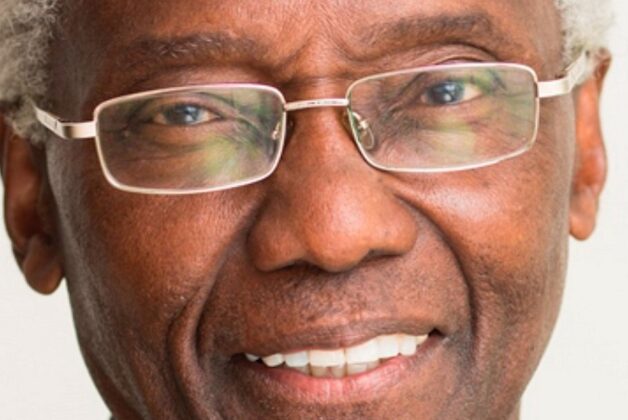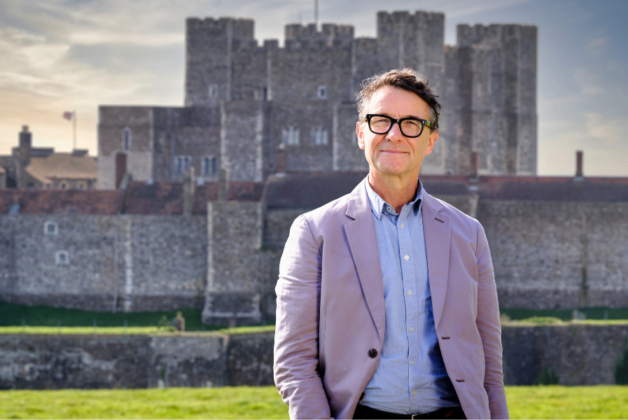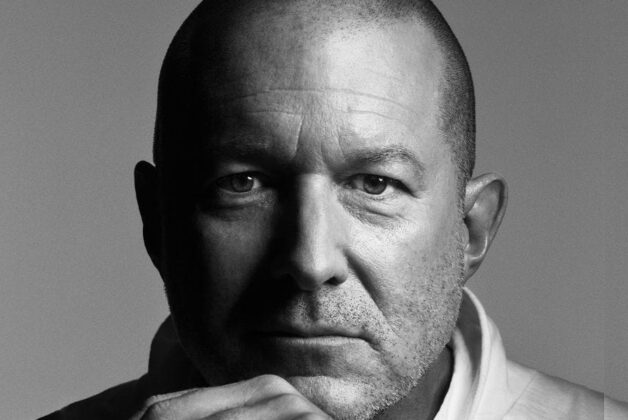Image: Kelvingrove Art Gallery & Museum is one of the sites run by Glasgow Life © Kelvingrove Art Gallery & Museum/Twitter
Miles Greenwood has been appointed as Glasgow Life’s first ever curator charged specifically with exploring the legacies of slavery and empire within collections at the city’s museums.
Across a number of museum sites operating under the Glasgow Life umbrella, the appointee will work with colleagues to curate new displays that clearly demonstrate the impact slavery and empire had on all aspects of the city.
Greenwood’s remit as curator for legacies of slavery & empire will also include developing a programme of community engagement and collaborative research to reshape understandings of the connections between the slave trade and colonialism – and their contemporary legacies.
The appointment, notes David McDonald, chair of Glasgow Life, “will enable a step change” in the way the organisation can address the history of slavery and empire in Glasgow. He hopes the role’s creation will “send a powerful message” about the city’s commitment to acknowledging difficult truths of the past.
Who is Miles Greenwood?
Most recently he worked in visitor studies at Paisley Museum, leveraging the input of community groups and organisations to inform interpretation, programming and advisory panels. In this role Greenwood planned and delivered a Black History tour of the Museum’s collection, exploring the town’s links to the slave trade.
He also has prior experience of learning and outreach initiatives courtesy of various roles including one delivering Black History workshops to secondary school pupils in Manchester.
Having studied a BA in Ancient History and an MA in Heritage Studies at Newcastle University, Greenwood began his career with audience research agency Morris Hargreaves McIntyre before moving into the museums space.
“Having a role in addressing the legacies of the British Empire and the trade in enslaved African people is incredibly important for me personally, but I also know these legacies impact a lot of people’s lives today, in Glasgow and around the world, so I hope I can do them justice,” says Greenwood.
“So many of our social, political and economic realities today are tied to the history of colonialism and the trade in enslaved African people. I hope this project will help people understand that connection in an interesting, often challenging, and even empowering way.”
Creating the new curatorial role was made possible courtesy of support from Museums Galleries Scotland’s Museum Development Fund.





